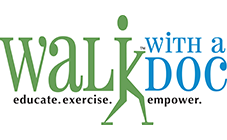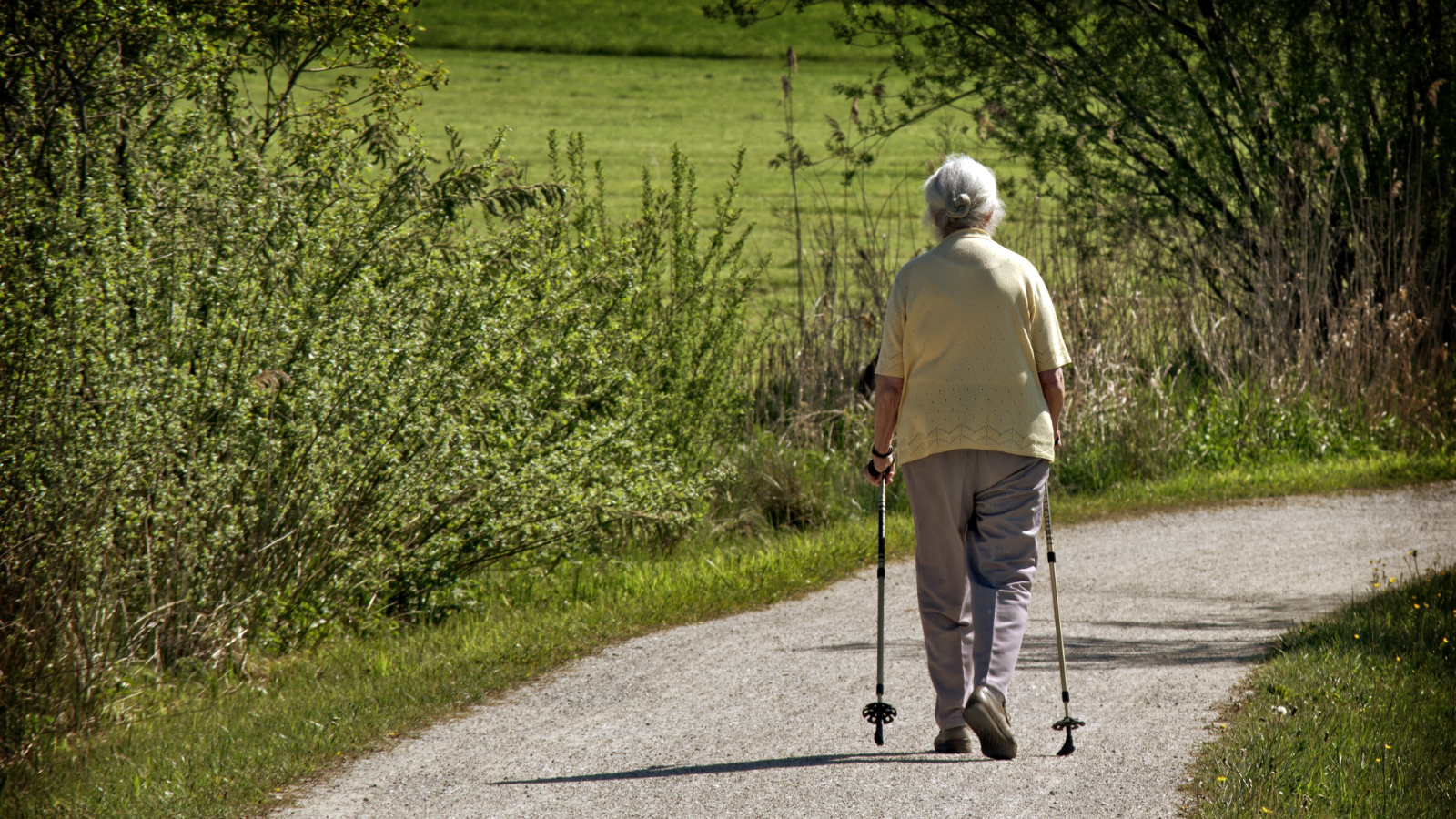Good morning!
Before we get started, here are 3 write-ups from this week that I found worth sharing.
First, thank you Washington Post for publishing this important article by Ken Budd on how symptoms can be deceiving.
Second, thank you Craig R. for sending me this NYT report on some super cool long walks. If any of you have done these, or have them on your bucket list, I’d love to hear about it. Literally, had hypersalivation reading this.
Third, thank you to Medical News Today for this piece on Time Restricted Eating (TRE) surrounding a new study released this week. I was introduced to intermittent fasting by a highly respected cardiology partner and I believe TRE has earned a place at the table for some of us.
Well, hopefully, now I’m playing with house money.
Has your week been good? Hope so.
Mine? Thanks
Yeah, great. Really fun stuff going on at WWAD and loving my time with patients as well.
At home, on non-reading nights, Krissy, the dogs, and I are streaming this, really enjoying it, and now I can’t wait for July 1st!
Back to patients. There is an excellent book out (many friends have recommended) called Outlive, by Peter Attia M.D. with Bill Gifford. I also recommend it without hesitation. If you want a strong idea of what’s in the book, this long-format podcast is quite informative. (Book 18+ hours, podcast 3.5 hours)
I bring it up because, in the book, Peter talks about our ‘marginal decade’. For 20 years now, I’ve been working every possible angle to see what might motivate a particular patient to either start or increase their physical activity (PA).
(PA is far and away better than any medicine that has or ever will be invented, I promise. And of course, it can be free)
Motivation is quite individualized in my experience. One patient may want to reduce their risk of breast cancer, someone else may care how they look in a one piece, and another patient may have a family history of heart disease they’re looking to personally avoid. I found this book was great for that (please lmk if there are others you recommend).
Anyway, I feel like speaking about our marginal decade in the office has been really hitting home with patients, more effectively than many other approaches. Of course, we are all extremely different, but paraphrasing Peter, for many, the last ten years of our life can be the most challenging. What Peter promotes in this book on longevity is pushing our marginal decade back 10 or more years (primarily via physical activity) and maybe squishing it into a ‘more condensed 10 years’.
The number one way to do that is through cardio, strength, and stability training.
Simply going for a walk will help so many of us maintain our independence – prolong our healthspan, and lifespan, but maybe healthspan most importantly.
That’s it.
We’re thinking about you and hope it’s a great weekend. Thank you for all the positivity you send our way – the Walk is a gift to us and we are grateful to you every day.
David
Disclaimer: Honestly, I don’t what to put in this box this week. We have zero financial relationships with any of the things I mentioned (unfortunately). We just want you to have a lot of good days.


